Ocean Currents Drive Climate Patterns — So What Happens When They Speed Up?
Published March 24 2023, 4:31 p.m. ET
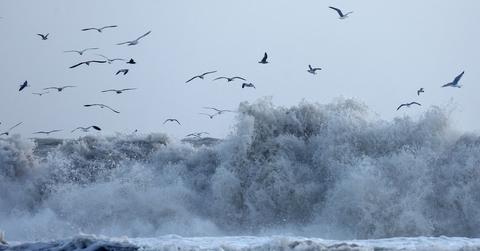
Although we as humans like to think we are the main character in this world, the ocean has us beat. It takes up over 70 percent of the planet’s surface area, and 97 percent of the water. It’s responsible for heat circulation, contains complex marine ecosystems, and even controls our weather. So, you may be wondering: How do ocean currents affect climate?
Heat travels through ocean currents, which affects climate.
The sun’s warmth is mainly absorbed by ocean waters, like a giant solar panel.
Once it retains this heat, it distributes the heat all around the world. The heat is moved by ocean currents, or mass flows of water that are continuous and directional, moving horizontally and driven by Earth’s rotation (the Coriolis effect), the sun, wind, and differences in water density, per National Geographic.
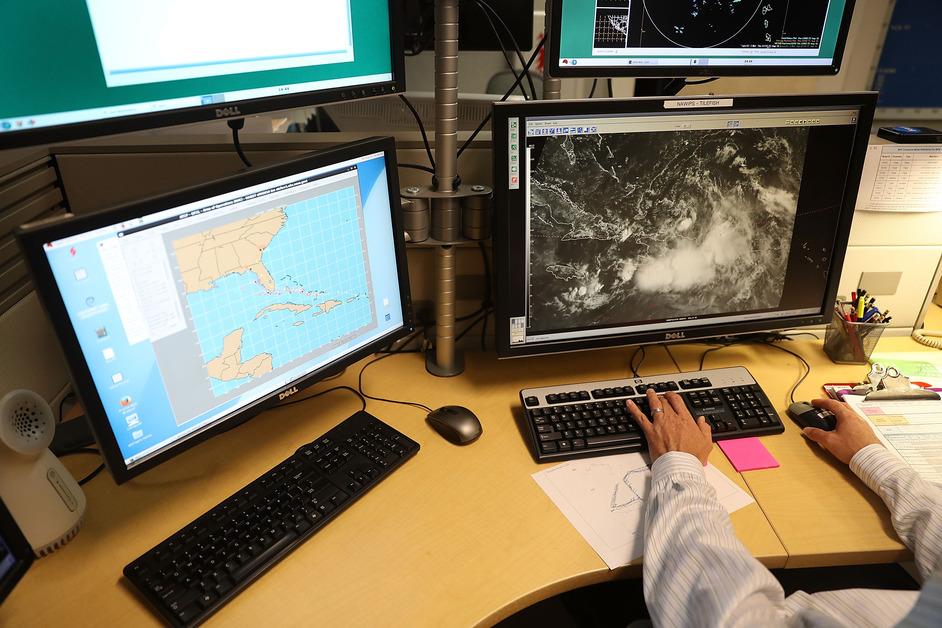
According to the NOAA, the system is like a conveyor belt, cycling warm water and precipitation to the poles and cold water to the equator, which in turn keeps temperatures more moderate.
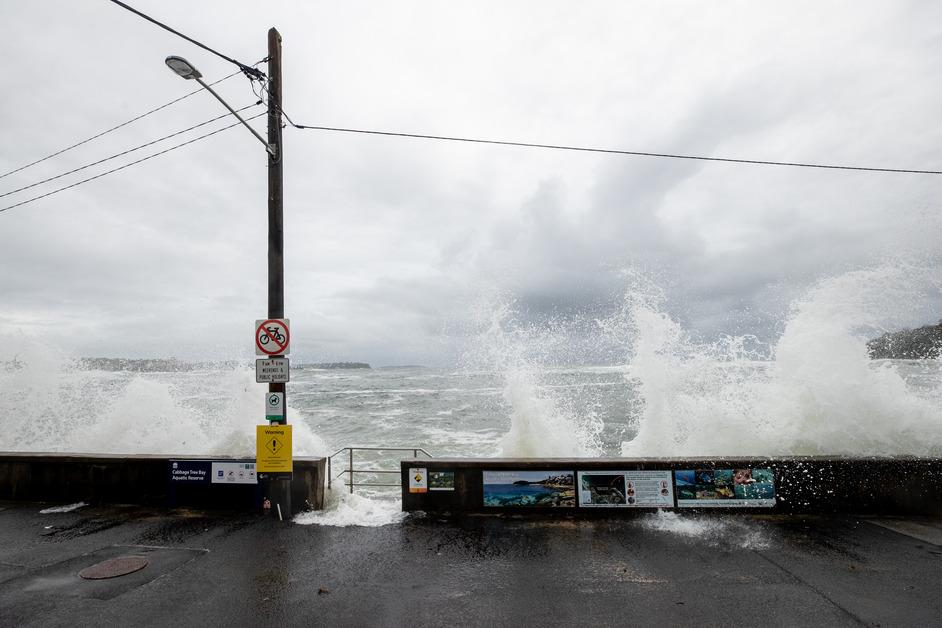
So when it comes to weather and climate, patterns can be traced back to the ocean currents. The heat that the oceans absorb eventually fuels the air circulation in the atmosphere. This is through evaporation, which changes the humidity and temperature of the air, causing rain, storms, and/or wind — meaning that most rain actually begins somewhere in the ocean.
For example, think about how tropical places near the equator tend to be more humid and rainy because of the amount of heat the ocean is absorbing and constantly releasing into the air.
According to National Geographic, the entire global current system that involves lower density surface waters and dense deep waters usually fully cycles every 1,000 years, and is key for not only distributing heat, but also nutrients and gases that contribute to weather and climate.
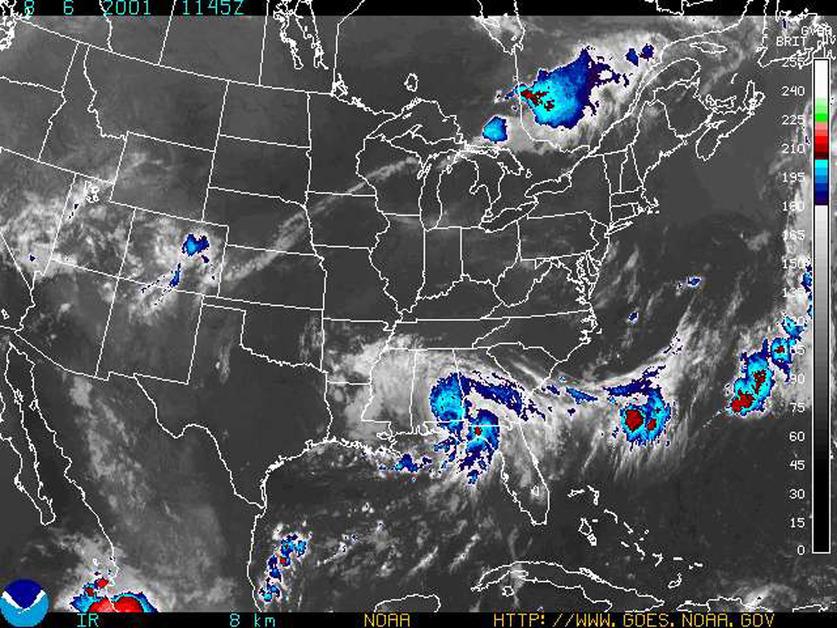
How climate change affects ocean currents:
Since climate and ocean currents go hand in hand, you may be wondering how climate change has played a role here. According to Science, researchers believe that climate change is speeding up global ocean currents.
In the past few decades, the water currents have increased not only in temperature but also in speed, by an estimated 15 percent, between each decade from 1990 to 2013.
In brief, the ocean warms from top to bottom, which scientists say has led to a "clogged" sensation in the surface layers that are warming more quickly, as per Science.
So what does this mean? For starters, some scientists believe this will affect migration patterns for many marine species. Aside from this, some speculate the new currents won’t be able to absorb as much heat, meaning more is left to be absorbed in the atmosphere.
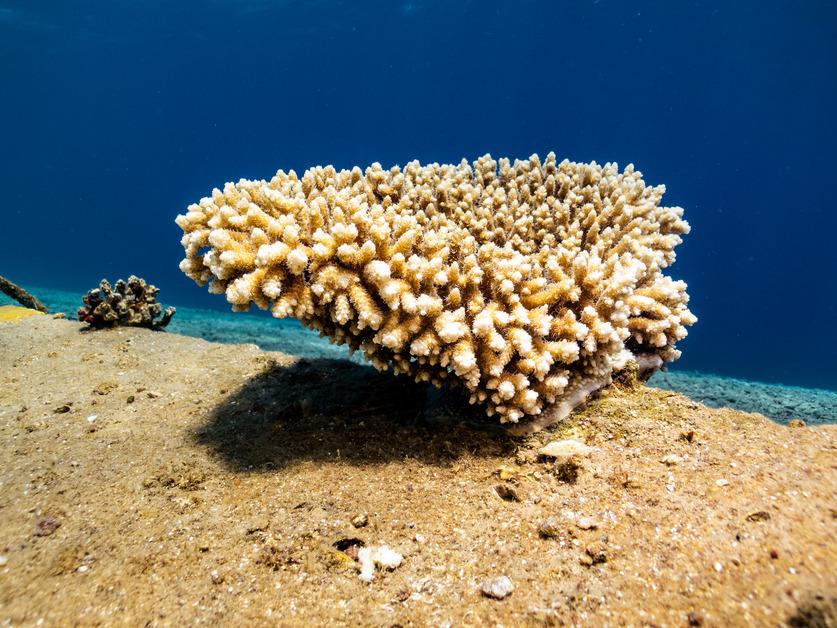
The ocean is the world’s largest carbon sink.
As you’ve probably heard before, the release of greenhouse gases, most notably carbon dioxide, into the atmosphere is warming the planet, and leading to severe climate and weather changes, per Columbia Climate School.
For countless years, the ocean has existed as a carbon sink, which is something that soaks up more carbon from the atmosphere than it releases, per Earth.org.
The United Nations estimates the ocean has absorbed close to 90 percent of heat generated by emissions. But as the heat continues to increase, the rising temperatures have doubled the frequency of marine heatwaves, causing irreversible loss of marine biodiversity, ice melts, and sea level rise.